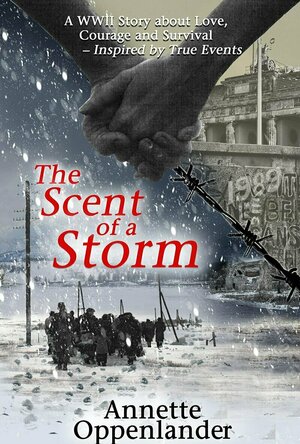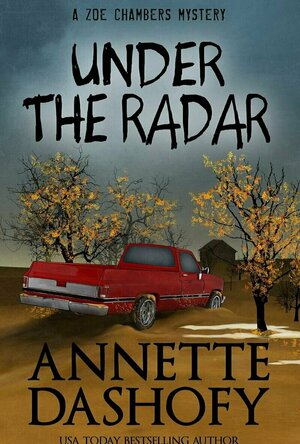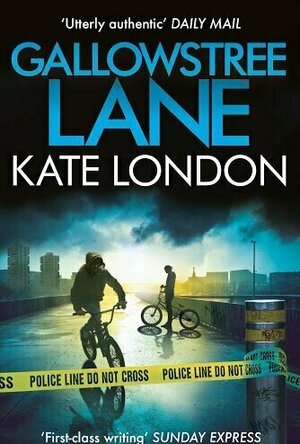
The Edible Front Yard
Book
“Front lawns, beware: The Germinatrix has you in her crosshairs! Ivette Soler is a welcome voice...
Gardening Homestead DIY Vegetable Gardening
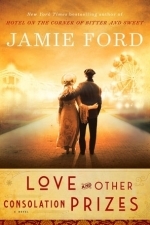
Love and Other Consolation Prizes
Book
A powerful novel about an orphan boy who is raffled off at Seattle’s 1909 World Fair, and the...
Historical fiction
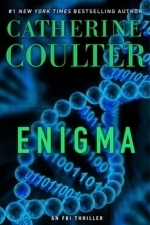
Enigma (FBI Thriller, #21)
Book
The highly anticipated twenty-first FBI thriller by #1 New York Times bestselling author Catherine...
crime thriller
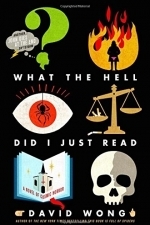
What the Hell Did I Just Read: A Novel of Cosmic Horror
Book
It's the story "They" don't want you to read. Though, to be fair, "They" are probably right about...
Comedy science fiction fantasy
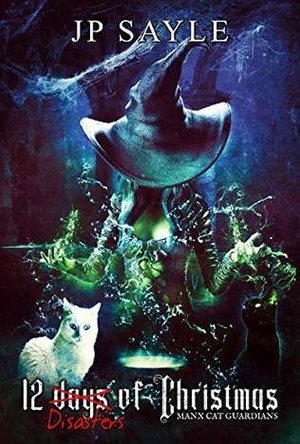
The Twelve Disasters of Christmas
Book
Brad has never had a proper Christmas in his entire life. And for the first time, he has the...
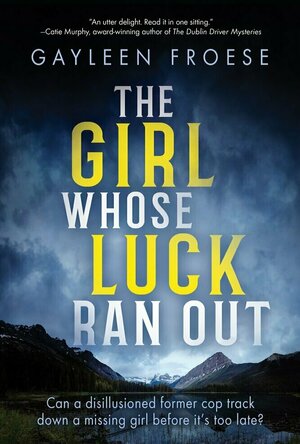
The Girl Whose Luck Ran Out by Gayleen Froese
Book
Can a disillusioned former cop track down a missing girl before it’s too late? Seven years ago,...
MM Mystery Romance
Merissa (13780 KP) rated The Scent of a Storm in Books
Dec 8, 2021 (Updated Jul 9, 2023)
One thing that seems easy to forget is not everyone in Germany thought Hitler was doing the right thing; not everyone belonged to the SS. This book paints the picture of what it was like for those who tried to live as best they could before they were unwillingly drawn into the middle of events that would change their lives forever.
The hardships told in this book sound like fiction; terrible, horrible fiction, which makes it even harder to understand when you realise circumstances like those mentioned were 'normal'.
Whilst the whole book is brilliantly written, I preferred it when Annie and Werner were young, even though the conditions were heartbreaking. When it changed to the more recent time, I felt like I'd lost something. That is the way of war, I guess. I just wanted more than I received.
For anyone with an interest in the history of WWII, especially if you are interested in the German perspective, then this is definitely one for your bookshelves. Highly recommended by me.
* A copy of this book was provided to me with no requirements for a review. I voluntarily read this book, and the comments here are my honest opinion. *
Merissa
Archaeolibrarian - I Dig Good Books!
Dec 8, 2021
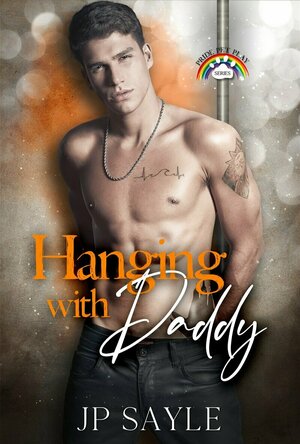
Hanging with Daddy (Pride Pet Play 2023)
Book
When friends interfere in Austin’s love life, putting him directly in Gaines path, can they both...
Contemporary MM Romance Pet Play
Mark @ Carstairs Considers (2486 KP) rated Under the Radar in Books
Apr 25, 2024 (Updated Apr 25, 2024)
This author has a way of pulling you in from the first page, and this book is no exception. The book has several strong subplots that make for even more compelling reading. There was one twist I didn’t quite feel was earned, but that’s a minor issue. Things come together for a tense and logical climax. The characters are strong as always, and I love watching Zoe and Pete’s relationship deepen. This is a little darker than my typical cozies, but as long as you know this going in, you’ll be fine. Once again, we spend equal time in Zoe and Pete’s heads, allowing the suspense to grow as they work on things from different angles. Fans who haven’t read this one yet are in for a treat, and if you’ve missed this series, be sure to start it soon.
BookInspector (124 KP) rated Gallowstree Lane (Collins and Griffiths #3) in Books
Sep 24, 2020
So, a little about the characters, Lizzie is a single mother, who got pregnant after the affair with a fellow detective, who was married. Lizzie is trying her best to do her job like everybody else, but she is struggling. I really liked that the author analyzed childcare issues in this book, and how difficult is to be a mother, who wants to work and take care of her baby by her self. On the other hand, I have very strong negative emotions about her involvement with a married man in the first place, and that is what made her and Kieran (the married detective) my least favourite characters in this book.
Sarah Collins is a very determined detective, who knows how to get the stuff done. I really liked her as a character, it is visible that she loves the job and is very good at it. Kate London chose the characters very well for this novel. They are diverse, believable and very intriguing. I was very curious to read Ryan’s thoughts, he is a fifteen-year-old drug dealer, who’s friend gets stabbed. I am curious, how much actual truth was in Ryan’s thoughts compared to real life youth who act like “wannabe gangsters”. I can see that the author used her experience at the police very well, the procedures, places, the criminal mind looks very realistically portrayed in this book.
I think this book is more character orientated, the plot is intriguing, but the character’s thoughts and their lives are more absorbing than the plot itself. The plot is quite fast-paced and filled with a lot of findings, and I really enjoyed the whole investigation experience. The author analyses very important topics in this book, such as teenage criminals, knife crime, gangs and their war for territory, prostitution, drug addictions, childcare issues for working single mothers etc.
I really liked the writing style of this book, the whole book feels gloomy and intense, but at the same time, it is a very pleasant read. The setting continuously changes, depending on the character. The chapters have a very decent length and didn’t leave me bored. The ending was quite unexpected but rounded up this book quite well. So, to conclude, this is a very realistic and believable novel about teenage criminals and police work, filled with very amusing characters, and twisty plot. I learned a lot of interesting information and thoroughly enjoyed it. Especially the topics discussed in this novel. I strongly recommend this book to all, but especially to anyone living in London, I hope you will like it as much as I did.
